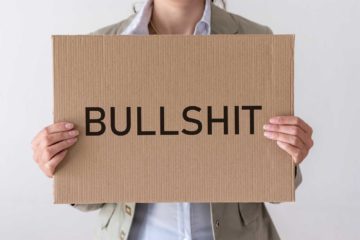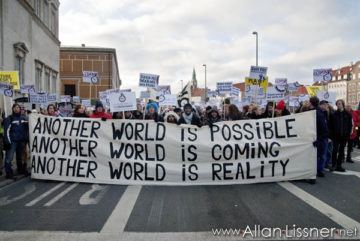by Emrys Westacott
In evaluating candidates for political office there are two main things to consider:
a) their ideology–that is, their political views and general philosophy
b) their personal qualities
With respect to ideology, the most important questions one should ask are these:
· Are their beliefs true? (Do they hold correct beliefs on, say, climate change, or on whether a particular policy will increase or reduce poverty, crime, unemployment, pollution, or the likelihood of war?)
· Do I share their values and ideals? (E.g. Are they willing to sacrifice economic growth for the sake of environmental protection (or vice versa)? Where do they stand on issues like gun control, abortion, euthanasia, capital punishment, foreign aid, gay rights, or economic inequality?)
· Whose interests do they represent? (Do they generally favor policies that benefit the rich, the middle class, the poor, employers or workers, corporations or consumers, cities or rural communities?)
Regarding personal qualities, the ones that matter most are:
· knowledge – Are they decently informed about the world and the issues they will be dealing with
· intelligence – Are they able to understand and think through complex problems
· wisdom – Are they reasonable? Do they exercise good judgment?
· effectiveness – Do they have the practical skills to realize their goals?
· integrity – Are they truthful? Is what they do consistent with what they say? Are they motivated by a concern for the public good rather than by self-interest?
These personal qualities obviously cannot be possessed absolutely but only to a greater or lesser degree. And they may often conflict. Most politicians who are effective sometimes have to compromise their integrity, and the first compromise is invariably made before they hold office. As the historian George Hopkins (emeritus professor at Western Illinois university) has observed, “all presidents lie for the simple reason that if they didn't, we wouldn't elect them.” A candidate who was perfectly truthful would be ineffective because they would probably never get the chance to implement any of their ideas.
Effective governance may also require leaders to lie, mislead, hide the truth, and break promises. Franklin Roosevelt was by any account a highly effective president; but in the two years prior to Pearl Harbor, he consistently told the American public that he was fully committed to keeping the US out of any foreign wars while simultaneously, and secretly, preparing the country for war against Japan and Germany. The political leaders we are most inclined to venerate are those like Lincoln or Mandela who, in addition to possessing the other qualities listed above, somehow mange to be practically effective with minimum loss of integrity.
Read more »



